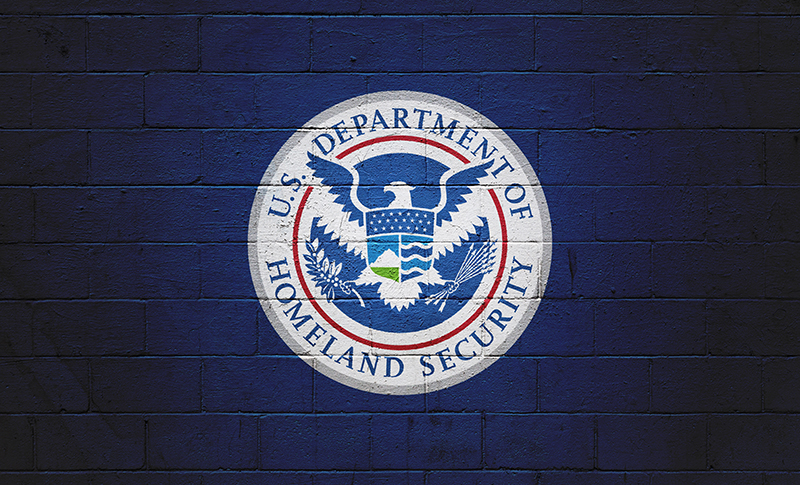
The Department of Homeland Security (DHS) announced this week that it is changing its border security strategy with regard to Venezuelans who enter the United States illegally. In a press release, DHS said that it had negotiated a new enforcement strategy with the government of Mexico and, “Effective immediately, Venezuelans who enter the United States between ports of entry, without authorization, will be returned to Mexico,” pursuant to Title 42 public health authorities (a covid-era measure allowing immediate expulsion of illegal border-crossers). Prior to this announcement, Venezuelan border crossers had largely been exempt from expulsion under Title 42 because Mexico would not accept their return.
The release simultaneously announced that DHS created another class-based parole program to allow up to 24,000 Venezuelans to enter the United States and receive work permits. While this program is aimed at deterring illegal immigration from Venezuela, DHS’s strategy is subject to the same legal pitfalls that have plagued border security efforts for over a decade. DHS did not explain how it came to the 24,000 cap for the program or whether it will be renewed.
While number of aliens illegally crossing the southern border has reached historic highs since January 2021, Venezuelans have accounted for a sharply increasing share of entrants in recent months. DHS reported that unique encounters of Venezuelan nationals rose 293 percent between FY 2021 and FY 2022, while unique encounters of all other nationalities combined increased 45 percent. Specifically, DHS cited that the average monthly unique encounters of Venezuelan nationals at land borders totaled over 25,000 in August 2022 and over 33,000 in September 2022. In contrast, between 2014-2019, the average unique encounters totaled at just 127 per month. Additionally, Panama has reported sighting more than 3,000 people, mostly Venezuelan nationals, crossing into its territory from Colombia via the Darién jungle each day, presumably en route to the United States. Approximately 6.8 million Venezuelans are estimated to have fled Venezuela because of political instability and food insecurity since 2014.
DHS’s new parole program is intended to stop Venezuelans from making the dangerous journey across the U.S.-Mexico border. This program, which is not directly authorized by any immigration statute, will allow Venezuelan aliens without a lawful means to enter the United States to nevertheless come to the United States and work. DHS modeled its new program after the administration’s “Uniting for Ukraine” program, which has paroled over 100,000 Ukrainians into the United States in FY 2022.
To be eligible for parole and work authorization under this new program, a Venezuelan must:
- have a supporter in the United States who will provide financial and other support;
- pass biometric and biographic security screenings and vetting; and
- complete vaccinations and other public health requirements.
Venezuelans who have been ordered removed from the United States in the previous five years; have crossed without authorization between ports of entry after the date of announcement; or illegally entered Mexico or Panama after the date of announcement are barred from the program. Additionally, any individual who is a permanent resident or dual national of any country other than Venezuela, or currently holds refugee status in another country, may not participate.
Humanitarian parole was never intended to be used this way. DHS lacks the legal authority, through section 212(d)(5) of the INA or any other provision in law, to permit the limitless admission of classes defined solely by DHS’s interpretation of “significant public benefit.” The INA demands that parole only be granted: (1) temporarily, (2) “on a case-by-case basis,” (3) for no other purpose than “urgent humanitarian reasons or significant public benefit,” (4) if the parolee was in the “custody” of DHS at the time of the grant of parole.
DHS’s use of programmatic parole for Venezuelans, as well as for Ukrainians, “Entrepreneurs”, and other groups that have benefited from this type of executive actions, therefore directly conflicts with Congress’s intent in enacting the parole authority, which has sought to restrict executive branch discretion over time in response to agency overreach. Congress has created a detailed and comprehensive scheme for regulating the admission and employment of aliens, including alien entrepreneurs, refugees, and relatives, into the United States. It is unreasonable to conclude that Congress regulated immigration and employment of aliens as carefully as it has, but also intended DHS to be able to use parole to allow any number of additional aliens, in its discretion, to come to the United States and work.
